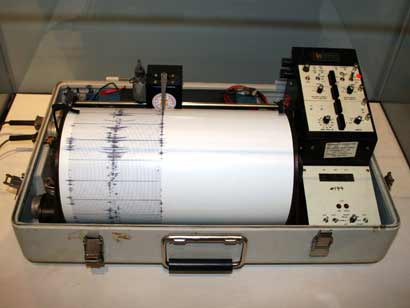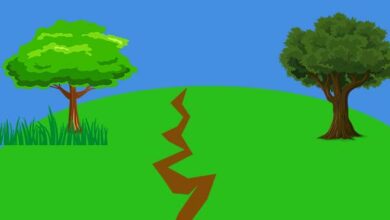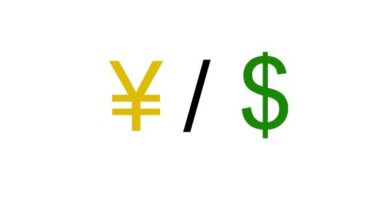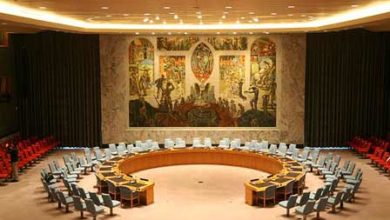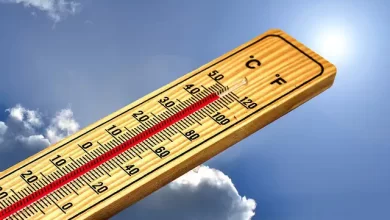Finland is world’s happiest nation for second consecutive year
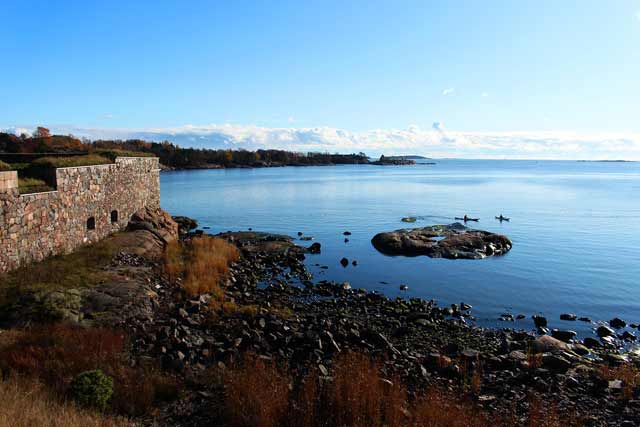
Recently the United Nations has declared Finland, a small country in northern Europe, the world’s happiest nation. Usually this country is not heard in the political discussions of the world. Its geographical location is also not such that it has a great effect on the world or its neighboring countries. However, in the World Happiness Index report of the ‘Sustainable Development Solution Network’ released by the United Nations, it was ranked first for the second consecutive year in the report. In this list, 156 countries of the world are given preference on the basis of how well the people of the country see themselves happy.
Why Finland won the Happiest Country in the world title
According to research, the people of Finland, which has a population of 5.5 million, have achieved prosperity through a balanced life, not dependent on economic and material wealth. The interesting thing about this research is that the top 7 countries in the list are of Northern Europe. To determine this list, the basis of economic prosperity, life expectancy, healthy life, social cooperation, independence of elections, government corruption were laid down. In a country like Finland, economic, social, political and religious inequalities are not so much that there is a situation of emotional conflict among people here. The people here tried to keep their lives better by giving priority to economic development of the country.
No one homeless in Finland
The crime rate is next to nil here, even after being a prosperous country, the government provides special facilities to the people here. In addition to economic security, the government also provides free health care to the citizens. It is said that there is no homeless here. It is considered safe and stable for tourists and even people living here from other countries. With a healthy and pure environment, the education system here is considered to be the best.
How is the governance in Finland
Finland is a parliamentary republican democracy, which is a systematic constitution given the rule of law. The post of the Prime Minister is the most powerful in the country. People here can use voting rights in Parliament, President, local body, EU elections. The President represents foreign policy, which is elected for six years, but has no role in its European Union. The head of a non-permanent Parliament is the Prime Minister. In multi-party parliament, coalition governments have mostly ruled.
Like India, Finland is also holding elections this year. In the month of April, there will be elections for 200 parliamentary seats. Currently the Prime Minister of Finland is Juha Sipilä and President is Sauli Niinistö. Niinistöis the first president of the country, who was the candidate of the National Coalition Party. At the same time, the leader of the Central Party, Juha Sipilä, became the Prime Minister in 2015, who recently resigned and is now the caretaker Prime Minister.
The geographic conditions here are complicated
Finland is the Nordic country of northern Europe. It has Norway in the north, Sweden in the west, Russia in the east. It is surrounded by Gulf of Finland in the south. The eastern neighboring Russia has had a profound influence over the centuries, but it is the first Nordic country to adopt the European currency euro. The natural lakes of Finland refine the beauty here. The biggest lake here is the fourth largest lake in Europe. There are some mountains in the northern part where the highest part of the country is included. In the south part of the country (Bay of Bothnia and Finland) contains a number of islands, which is the major of the Aland archipelago. There are long winters which make life difficult due to the proximity to the North Pole.
In terms of area, Finland is the eighth largest and Europe’s least populated country on the basis of population density. Most of the people living here speak Finland’s native language, apart from this, 5.5 percent of the population also speaks Swedish. Most of the people here live in the southern part of the capital Helsinki which is also located on the southern coast.
History of Finland
In Finland there is earliest evidence of humans dates back to 9,000 BC. It is said here that the people came to live from the south. Agriculture started here from 3000 to 2500 BC. In the first century, people began agriculture here. There is also a spread of Christianity here. In the 12th century, Sweden started increasing its domination in this area. By the 14th Century, Sweden had a right over the western, northern and southern parts of Finland. Here feudalism and slave system could not reached. While the Swedish language and republic governance took roots here.



